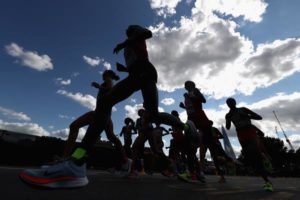
IAAF joins race to beat global air pollution
Today, UN Environment and the IAAF have announced a new partnership to address the issue of air quality which is leading to 7 million […]




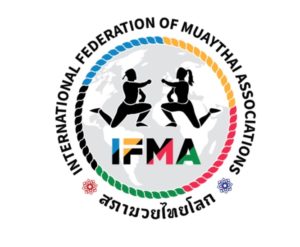
Sustainability targets reached during the World muaythai Championships 2018
Sustainability and awareness of the potential impact athletes can have on a venue are always at the heart of IFMA planning, and the 2018 […]


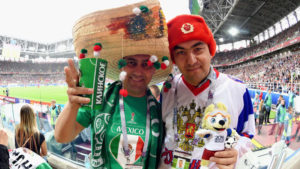
Win two Final tickets by helping the environment
“Offsetting means cancelling the harmful emissions in one place by removing or preventing emissions in another by funding projects that reduce emissions, thus benefiting […]

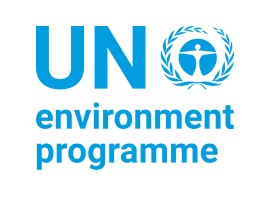
10 ways the world of sport is tackling plastic pollution
From global sports bodies pledging to cut back on plastic to joggers picking up rubbish as they run, athletes, sports enthusiasts and clubs are […]


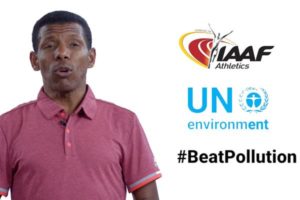
IAAF reaffirms pledge to battle air pollution
As people from around the world take time to reflect upon the state of the planet on this World Environment Day, the IAAF is […]




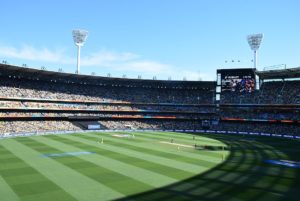
How the MCG got ahead of the recycling game
There are few things at the Melbourne Cricket Ground that don’t get recycled. Even the hallowed turf gets a second life. A number of […]


Focusing on the motto ‘Developing our New Federations’, the first edition of Donate Your Fencing Gear 2018 came to an end in Verona. As for the past editions, the fencers were given the option to choose the program they wanted to support with their donation, which was allocated according to their choice. In six months they will receive the first report about the progress of the project they adopted.


Teqball in Zaatari Refugee Camp
In April 2018, FITEQ signed a Memorandum of Understanding (MoU) with Peace and Sport, an international, neutral and independent organisation based in Monaco that contributes to peace using the power of sport.
The MoU was signed in Zaatari Refugee Camp in Jordan, where Peace and Sport run the inspiring Live Together programme. Upon the signing of the MoU, both organisations confirmed their intention to join forces to promote teqball as a tool for social development and equality.
Two Teq tables were donated to the citizens of Zaatari Refugee Camp, which is Jordan’s fourth biggest city. Residents there had the opportunity to play on the tables and receive two days of training.
Click here to watch the video of the project



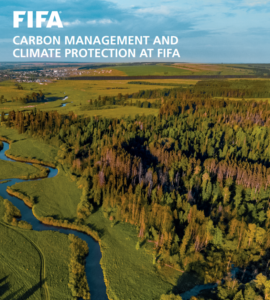
As an international organisation, FIFA takes its responsibility to protect, cherish and limit its impact on the environment seriously. FIFA aims to lead by example and inspire greater awareness and best practices in sustainability standards with regard to FIFA World Cups™ and within FIFA as an organisation. That is why, since the 2006 FIFA World Cup Germany™, it has been continuously implementing environmental projects and engaging with its stakeholders and other institutions to find sensible ways of addressing environmental issues, mitigate the negative environmental impact of its activities and increase its activities that have a positive impact on the environment.


Championing Human Rights in the Governance of Sports Bodies
Sports bodies are critical actors in delivering mega-sporting events, setting the expectations and standards to which events should be delivered. Through implementing human rights within their own governance and operations, sports bodies can take important steps towards protecting the values of sport and implementing respect for human rights.
A human rights guide for sports bodies of all sizes was launched at the General Assembly of the Commonwealth Games Federation (CGF), on the eve of the 2018 Commonwealth Games in Gold Coast, Australia.
"Championing Human Rights in the Governance of Sports Bodies" introduces human rights to sports bodies, large and small, drawing on lessons from the International Olympic Committee, FIFA, UEFA, and the Commonwealth Games Federation and outlining four tangible steps that sports bodies can take to build human rights into the governance of their organisations. Focussed explicitly on governance, this Guide is intended for consideration at executive and board level of sports bodies.
This guide introduces human rights to sports bodies, large and small, drawing on lessons from the International Olympic Committee, FIFA, UEFA, and the Commonwealth Games Federation and outlining four tangible steps that sports bodies can take to build human rights into the governance of their organisations. Focussed explicitly on governance, this Guide is intended for consideration at executive and board level of sports bodies.
The four steps are as follow :
- Commit and Embed : make public commitment to respect human rights and ensure this is embedded within standards and practices
- Identify risks : identify any actual and potential risks and prioritise for action those that are most salient (or severe)
- Take action : Take appropriate action to address risks to human rights and provide access to remedy when necessary
- Communicate : Report and communicate how the organisation is addressing risks to human rights
Download the English version of the guide
Download the French version of the guide




